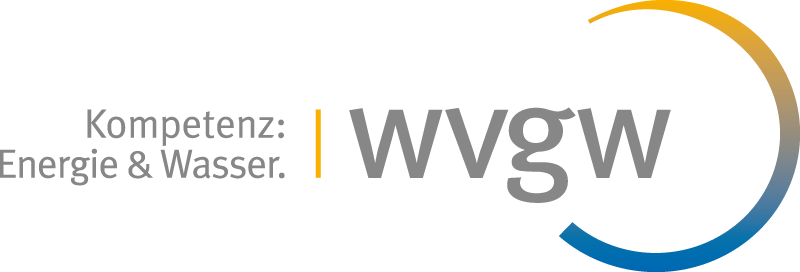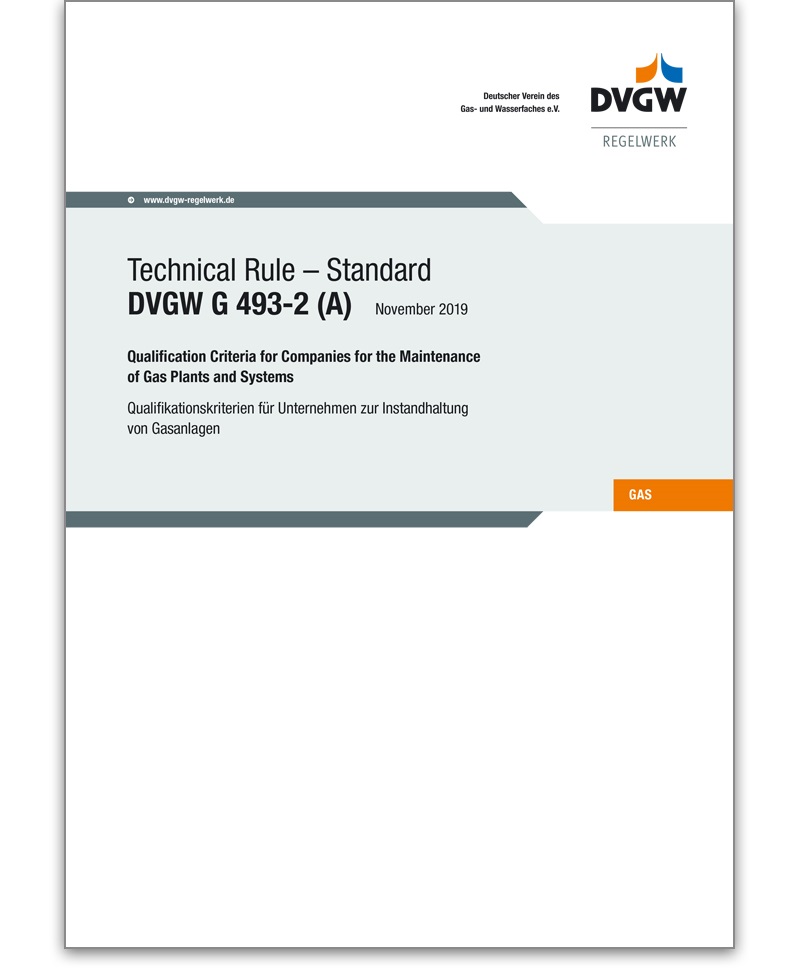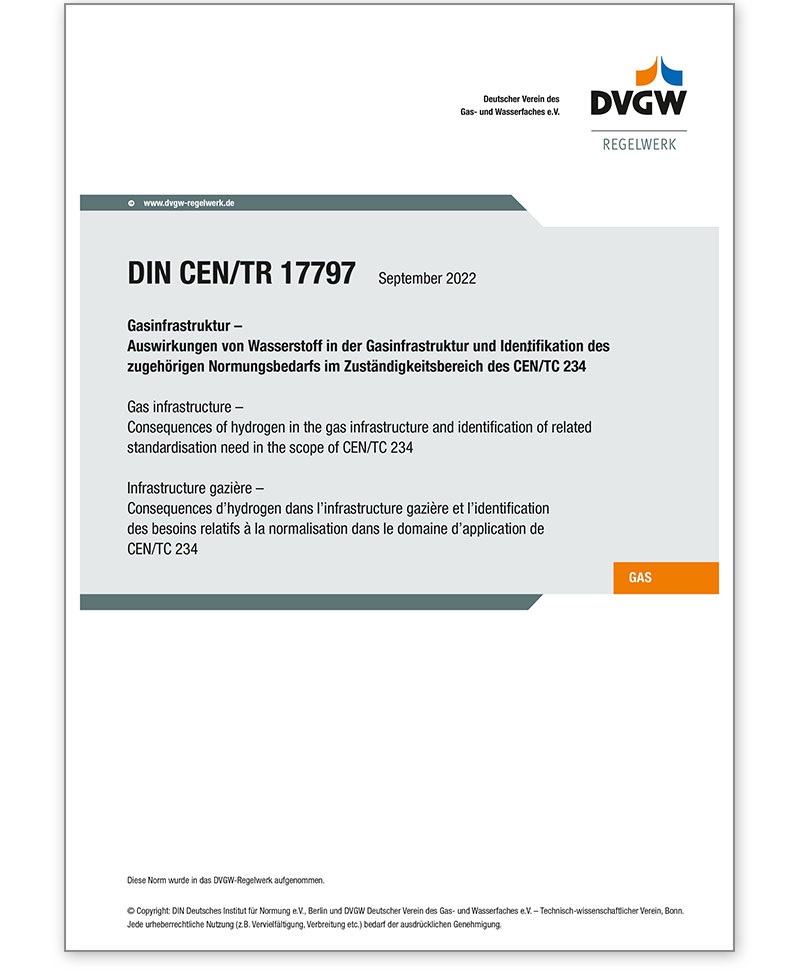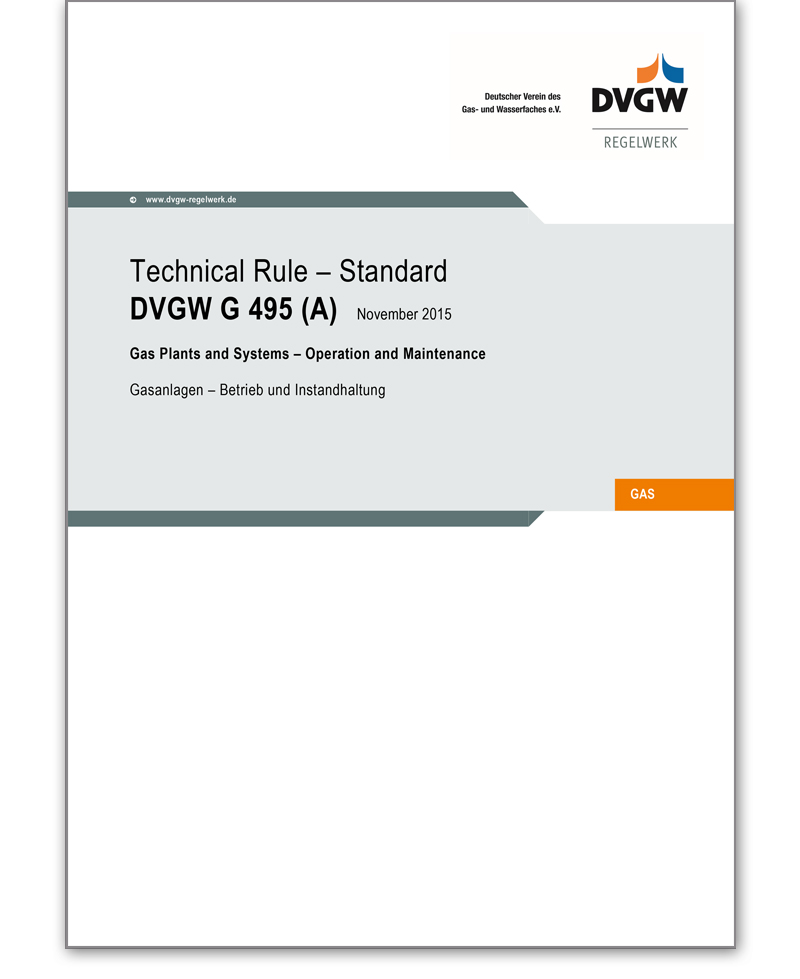Filter
–
Gas management
With its body of rules and regulations, the DVGW creates the framework for the systematic further development of existing processes. This section focuses on topics such as risk and crisis management, security of supply, IT security or technical safety management at companies.
G 493-2 Technical Rule - Standard 11/2019 -PDF-File-
62,03 €*
This standard G 493-2 encompasses personal and professional
requirements for companies providing maintenance for gas plants and
installations that fall within the scope of DVGW G 495 (A), as well as biogas
injection and refeeding plants as specified by DVGW G 265-2 or hydrogen
injection plants as specified by DVGW G 265-4 (M).Companies which, within the
context of comprehensive plant management, either as original operators or as
contractors, are responsible for the maintenance of energy plants, and possess
the required personal qualification and organization according to DVGW G 1000
(A), may conduct the maintenance of gas plants without certification as defined
by this standard within the network which they have the abovementioned
responsibility for. The prerequisite for the maintenance without certification
as mentioned above is that the expert and tech-nical conditions detailed in
this standard are met by the company’s own workforce or by service providers
with a TSM certification or other corresponding certifications. The company
shall appoint the experts re-sponsible for maintenance in writing. The
fulfilment of these conditions can be verified e.g. during a TSM review
according to DVGW G 1000 (A).
DIN CEN/TR 17797 09/2022 - pdf-file -
192,50 €*
This document DIN CEN TR 17797 is written in preparation of
future standardization and provides guidance on how injection of H2 into the
gas infrastructure can impact processes from the input of gas into the on-shore
transmission network up to the inlet connection of gas appliances.



